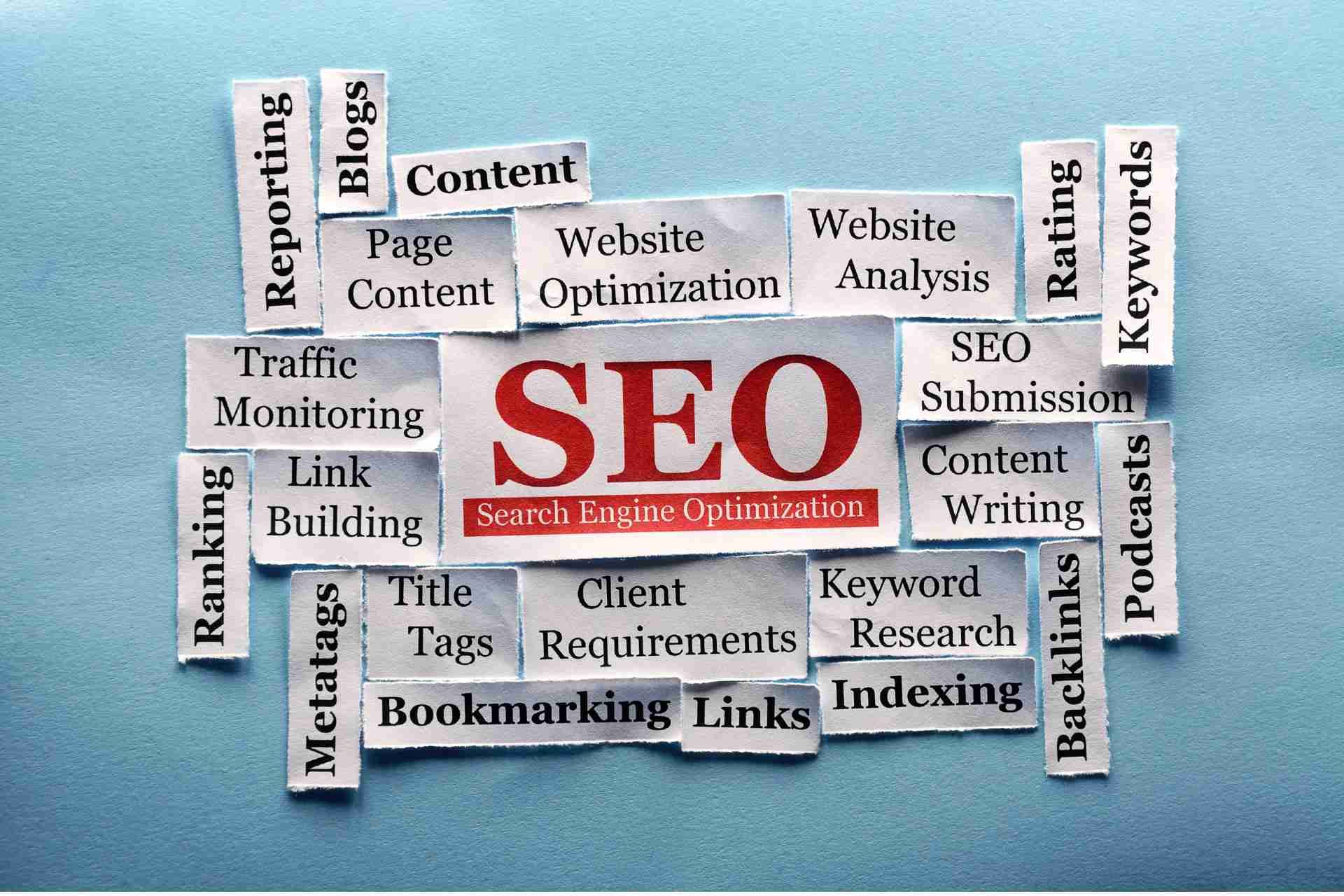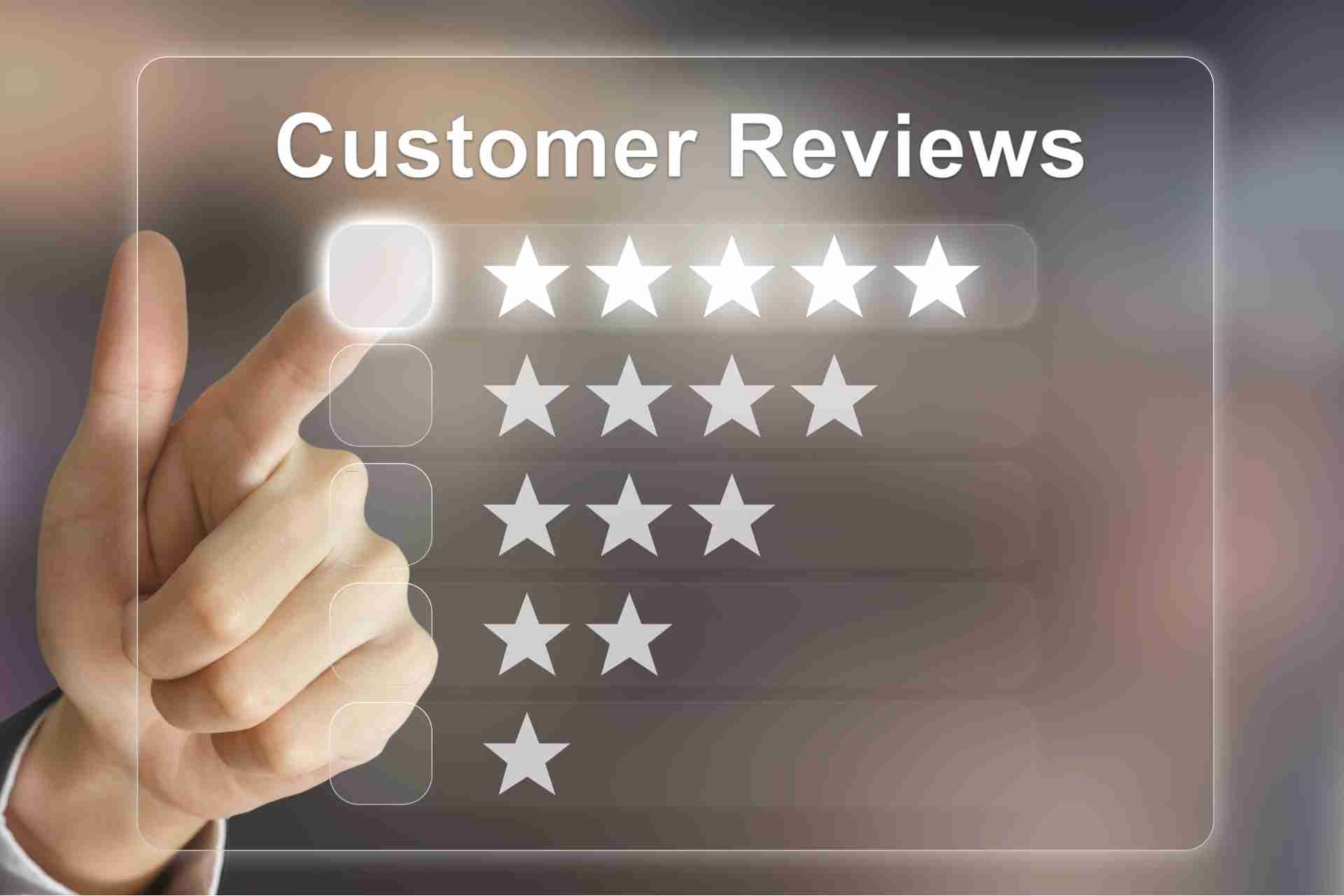Hyperlocal SEO Strategies for Small Businesses

If you own a small business, you know how crucial it is to attract local customers. Hyperlocal SEO can significantly enhance your visibility within your community. By optimizing your online presence, you can connect with potential clients right in your area. But what specific strategies should you implement to ensure your business stands out? Let's explore the essential tactics that can drive more foot traffic to your door.
Understanding Hyperlocal SEO
As you dive into hyperlocal SEO, it's crucial to grasp its unique focus on targeting local audiences within a specific geographical area.
Unlike traditional SEO, which aims for broader visibility, hyperlocal strategies hone in on your community. This means optimizing your online presence for local searches, ensuring potential customers in your vicinity can find you easily.
You'll want to utilize location-based keywords that reflect your services and your area.
Creating localized content, like blog posts about local events or collaborations, can also help you connect with your audience. Engaging with local social media groups and encouraging customer reviews strengthens your local reputation.
The Importance of Google My Business
Google My Business (GMB) is an essential tool for any local business looking to enhance its online presence. By claiming your GMB listing, you can manage how your business appears on Google Search and Maps, making it easier for customers to find you.
Accurate information—like your location, hours, and contact details—helps potential customers reach you quickly. Plus, engaging with customer reviews boosts your credibility and can improve your rankings in local search results.
GMB also allows you to post updates, share offers, and showcase photos, giving you a platform to connect with your audience. Ultimately, leveraging GMB effectively can drive foot traffic and increase your visibility in a competitive local market.
Don't overlook its importance!
Optimizing Your Website for Local Keywords
To effectively attract local customers, optimizing your website for local keywords is crucial.
Start by researching relevant keywords that reflect your business and location. Use tools like Google Keyword Planner or Ubersuggest to find terms potential customers are searching for.
Once you have your keywords, incorporate them naturally into your website's content, titles, and meta descriptions. Be sure to include location-specific phrases, like your city or neighborhood, to enhance relevance.
Create high-quality, informative content that addresses local interests and needs. Don't forget to optimize your images with local keywords in the alt text.
Lastly, ensure your website is mobile-friendly, as many local searches happen on smartphones. This way, you'll increase your chances of being found by local customers.
Building Local Citations and Directories
Building local citations and directories is essential for improving your business's online visibility. By listing your business on local directories, you create valuable backlinks and enhance your credibility.
Start by ensuring your name, address, and phone number (NAP) are consistent across all platforms. Look for popular local directories like Yelp, Google My Business, and Bing Places. Don't forget niche-specific directories related to your industry, as these can attract targeted traffic.
Claim your listings and fill them out completely, including business descriptions, photos, and operating hours. Regularly update your information to reflect any changes.
Additionally, consider engaging with users on these platforms; it shows that you're active and invested in your community, further boosting your local SEO efforts.
Encouraging Customer Reviews and Testimonials
While you may already be aware of the importance of customer reviews, actively encouraging them can significantly enhance your local SEO efforts.
Start by asking satisfied customers to leave feedback after their purchase or service. Make it easy by providing links to your review platforms via email or text. You can also create in-store signage that prompts customers to share their experiences online.
Responding to reviews, both positive and negative, shows that you value customer input and fosters trust. Consider offering incentives, like discounts or loyalty points, for leaving a review.
Leveraging Social Media for Local Engagement
Customer reviews play a pivotal role in your local SEO, but don't underestimate the power of social media in enhancing local engagement.
Platforms like Facebook, Instagram, and Twitter allow you to connect directly with your community. Share updates, special offers, and behind-the-scenes content to foster a sense of belonging.
Engage with your followers by responding to comments and messages promptly; this builds trust and loyalty. Use location tags and hashtags to increase visibility among local users.
Consider hosting contests or giveaways to encourage participation and sharing. By consistently interacting with your audience, you'll not only promote your business but also strengthen your local presence.
Social media can be a dynamic tool for connecting and engaging with your community effectively.
Creating Location-Specific Content
To effectively boost your local SEO, creating location-specific content is essential. Start by identifying local topics that resonate with your audience.
Write blog posts or articles featuring local events, customer stories, or community highlights. This not only showcases your expertise but also connects you with your community.
Incorporate local keywords naturally into your content, focusing on phrases your potential customers are searching for. You can also create location-based landing pages tailored to specific neighborhoods or areas you serve.
Don't forget to include local imagery and references to nearby landmarks, which can enhance your content's relevance.
Utilizing Local Backlinks
As you strengthen your local SEO efforts, utilizing local backlinks can significantly enhance your visibility in search results.
Local backlinks come from websites relevant to your community, like local news outlets, blogs, or business directories. Start by reaching out to these sites and offering to collaborate, whether through guest posts, interviews, or partnerships. When they link back to your site, it signals to search engines that you're a trusted local resource.
Additionally, consider sponsoring local events or charities; this often leads to valuable backlinks from their promotional materials.
Monitoring and Analyzing Your Results
After you've built a solid foundation with local backlinks, monitoring and analyzing your results become vital for ongoing success. You should regularly track your website's performance using tools like Google Analytics and Google Search Console.
Pay attention to metrics such as organic traffic, click-through rates, and local keyword rankings. These insights help you understand what's working and what needs improvement.
Don't forget to monitor customer reviews and engagement on platforms like Yelp and Google My Business. This feedback is essential for refining your strategy and enhancing customer satisfaction.
Conclusion
In summary, hyperlocal SEO is essential for small businesses looking to attract local customers. By optimizing your Google My Business profile, using local keywords, and engaging with your community online, you can significantly boost your visibility. Don't forget to encourage customer reviews and create location-specific content to foster loyalty. Stay proactive by monitoring your results and adjusting your strategies as needed. Embrace these techniques, and you'll see more foot traffic and stronger connections with your local audience.






